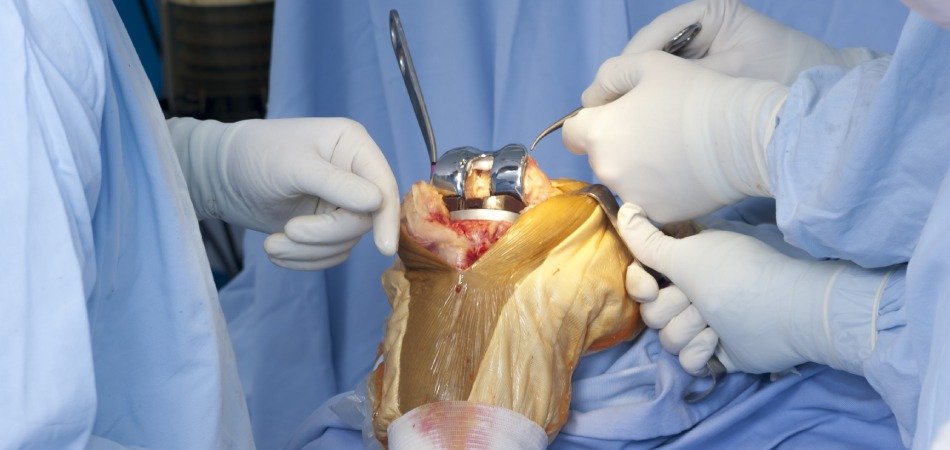- Post By - Dr . Devel Patel Hospital
- Post Date - 2025-06-09
How to Manage Pain After Joint Replacement Surgery: Tips from Surgeons
Joint replacement surgery—whether it’s a knee, hip, or shoulder—can be life-changing, offering relief from chronic pain and improved mobility. However, post-surgical pain is a common part of recovery. Managing this pain effectively is key to healing well and getting back to your normal life faster.
Follow Your Medication Schedule
Surgeons stress the importance of taking prescribed medications exactly as instructed. This may include:
- Pain relievers such as acetaminophen or NSAIDs (ibuprofen)
- Stronger medications like opioids for short-term relief
- Antibiotics to prevent infection
Pro Tip: Don’t wait for the pain to become severe—take your meds on schedule to stay ahead of discomfort.
Use Ice Therapy
- Applying ice packs to the surgical area can reduce inflammation and numb pain. Use ice for 15–20 minutes at a time, several times a day.
- Always wrap ice in a towel to avoid frostbite.
Keep Moving – But Carefully
Physical therapy is crucial for recovery. Gentle movement helps prevent stiffness and improves circulation, but pushing too hard can worsen pain or cause injury.
- Attend all your physiotherapy sessions
- Do home exercises as prescribed
- Avoid high-impact activities in early stages
- Movement helps healing—but only under guidance!
Use Supportive Devices
- Walkers, crutches, or canes aren’t just for stability—they reduce strain on the joint and minimize pain.
- Don’t rush to walk without support until your doctor advises.
Stay Hydrated and Eat Well
Good nutrition promotes healing and reduces inflammation. Focus on:
- High-protein foods
- Fruits and vegetables
- Plenty of water
Avoid alcohol and smoking as they can interfere with recovery.
Watch for Warning Signs
While some pain is normal, severe, sudden, or increasing pain could signal complications such as:
- Infection
- Blood clots
- Dislocation
Contact your doctor immediately if you notice redness, swelling, or fever.
Sleep and Rest Well
Your body heals during rest. Make your sleeping environment comfortable:
- Use pillows to support your joint
- Stick to a regular sleep schedule
- Avoid screens before bedtime
Healing is faster when your body is well-rested.
Final Thoughts
Recovering from joint replacement surgery takes time, patience, and care. By following these tips and working closely with your healthcare team, you can manage pain effectively and get back to doing the things you love.
 24/7 Medical Service
24/7 Medical Service
 24/7 Ambulance Service
24/7 Ambulance Service
 Emergency Service -
Emergency Service - 

